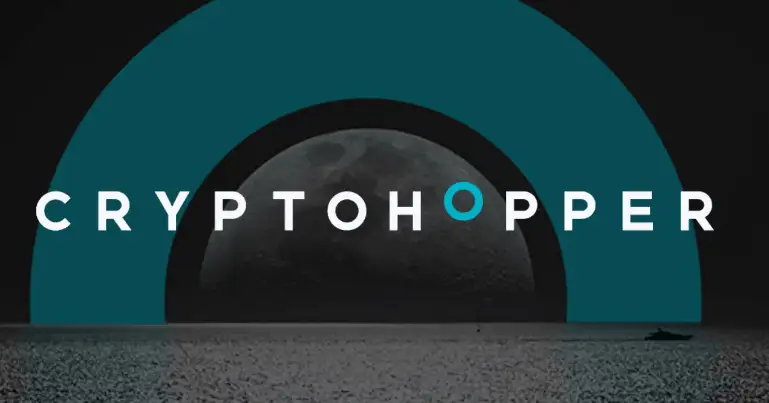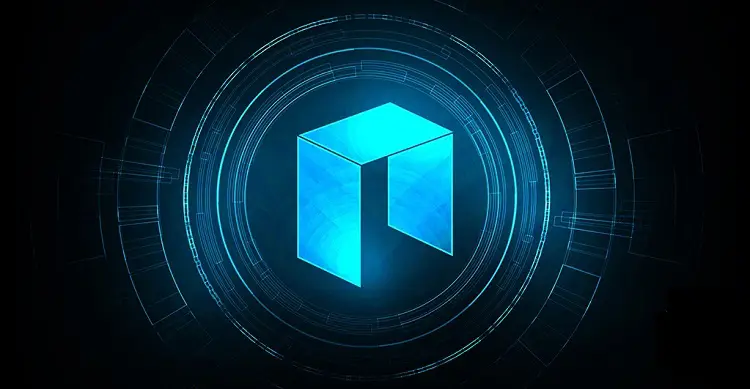Numerous investors often compare Ethereum with Bitcoin because of its status among all digital assets. Before putting money into Ethereum, you should study its functionality vis-a-vis other coins to make informed decisions. In case you ever thought about some digital asset other than Ether or wish to adjust your portfolio strategy after figuring out its strong and weak sides according to short-term objectives and degree of risk, this will help you understand what needs to happen next.
What is Ethereum?
A guy known as Vitalik Buterin created Ethereum in 2013 as a platform for blockchain that anyone can access. Through this platform, developers can write applications stored on a decentralized, shared ledger called “blockchain.” After Bitcoin, Ethereum is today’s second most popular form of digital currency, with a total worth exceeding two hundred billion dollars. The platform’s native cryptocurrency is Ether (ETH), which is used to facilitate transactions on the network and reward miners for validating transactions.
Ethereum vs. Bitcoin
Bitcoin is the most trendy and regularly accepted digital currency in the world. Nevertheless, The advantages of Ethereum outweigh those of Bitcoin In Several ways; hence, it is a better investment option. One of the principal advantages of Ethereum is its ability to execute Remote contracts. Smart contracts help developers to create decentralized apps on the Ethereum platform, which is used for many purposes such as DeFi (Decentralized finance), Supply Chain Management, and Gaming, while Bitcoin just does for value transfer/storage.
Another advantage of Ethereum is that it has faster transaction times compared to Bitcoin; Bitcoin can do seven transactions per second, but Ethereum can do fifteen transactions within a second. This means that Ethereum transactions are faster and more efficient, which is crucial in a rapidly growing market.
Ethereum vs. Altcoins
The term altcoin is short for alternative coins, which means any digital currency other than Bitcoin. These were created after the success of bitcoins to offer different features, technologies, or use cases. Popular examples are Ethereum, Litecoin, Ripple, and Cardano. It’s smart contracts, and decentralized applications make Ethereum different from other altcoins. Litecoin prioritizes fast transactions, unlike Altcoin, while Cardano aspires to achieve scalability and sustainability.
Investing in ether provides exposure to a widely adopted platform with strong ecosystem support and many real-world use cases. However, if an alt becomes popular amongst the masses, it may give higher returns on investment (ROI) than this established network could hope for. Conversely, they pose greater risks than their larger capitalized peers due to not being so well-known or having been around longer enough to stabilize themselves within the marketplace, where they would otherwise compete more effectively against these giants.
How to Invest in Ethereum
Buying Ethereum is very simple. To begin, open an account with any cryptocurrency trading platforms available today. A few good examples are Coinbase, Binance, and Kraken, which support Ether transactions. After successful registration, make payments using either credit cards or make transfers from various banks around the world directly onto your account; alternatively, use different means such as cryptocurrencies themselves, but there will be some charges applied by these places when you wish to buy or sell any form of digital money thus keep this point in mind too.
If you buy ethers, saving them into a crypto wallet is possible. Cryptocurrency storage exists in different varieties: hardware, software, and paper. Ethers have been purchased and deserve proper storage; people say that hardware wallets can only guarantee their safety. Hardware wallets are physical devices that store your private keys offline, meaning they are not connected to the internet and are less vulnerable to hacking.
What’s Next for Ethereum?
Ethereum is looking great ahead because of its developing platform and imminent update—Ethereum 2.0—aiming to scale up and improve transaction efficacy. This means more use cases might be made possible by increased transactions per second and reduced costs, even though potential challenges may be legal or procedural, such as competitors’ actions or even data sabotage risks. Despite these, Ethereum’s vibrant developer community, strong enterprise support, and continuous innovation suggest a resilient ecosystem.
Smart contracts powered by Ethereum have given rise to a new wave within online gambling, particularly regarding the transparency and fairness of casino games such as Ethereum blackjack. The game combines traditional blackjack rules with the benefits of blockchain technology, such as smart contracts. By using blockchain technology provided by Ethereum, operators can now offer provably fair gaming where outcomes are verifiable random numbers and are not controlled by anyone but are generated through cryptographic means. This level of openness not only ensures trust among bettors but also greatly contributes to the growth of this sector since more people will feel safe playing, knowing that they cannot be cheated out of their winnings due to hidden tricks employed by unscrupulous operators.
Conclusion
Ethereum’s adaptability and programmability have made it one of the top players in the cryptocurrency market, thus providing investors with unique opportunities. While sharing some similarities like decentralization and transparency with Bitcoin, then smart contract abilities displayed by Ethereum’s platform and its ecosystem decentralized applications (DApps) set them apart. Ultimately, investing in ETH requires understanding the possible risks/rewards associated with such decisions and appreciating how this digital asset might shape various industries.









